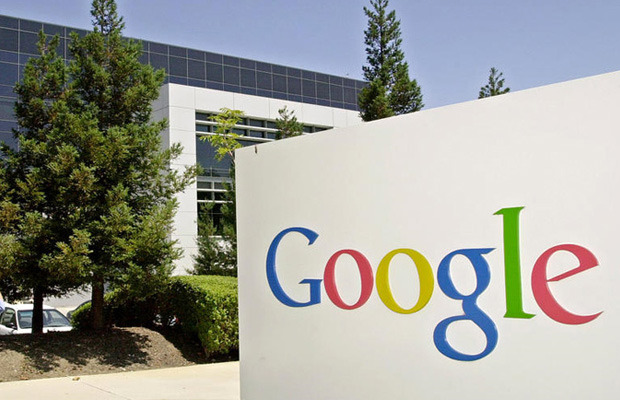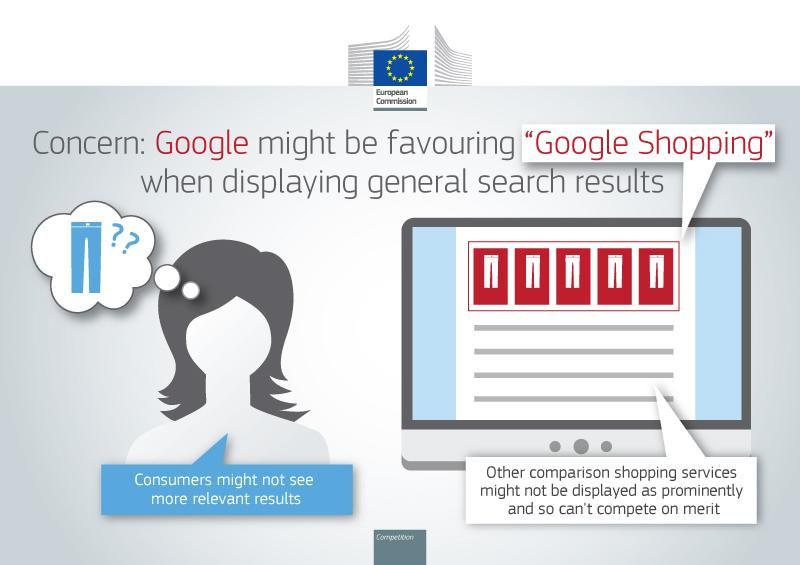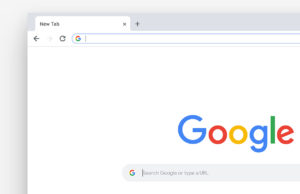EU Formally Accuses Google Of Monopolistic Search Practices

The European Union has formally accused Google of illegal, monopolistic practices, stating that the American company abused its position as market leader by prioritizing its own services in search results and diverting traffic away from its competitors. The company could be fined up to 10 percent of its yearly earnings or as much as $6 billion. The EU also announced today that it was launching a further investigation into the Android operating system which could result in additional fines.
“In the case of Google I am concerned that the company has given an unfair advantage to its own comparison shopping service, in breach of EU antitrust rules,” said EU competition commissioner Margrethe Vestager. “Google now has the opportunity to convince the Commission to the contrary. However, if the investigation confirmed our concerns, Google would have to face the legal consequences and change the way it does business in Europe.”

The EU is accusing Google of a number of unfair practices, as outlined in in its statement of objections. These include prominently displaying its shopping service in search results “irrespective of its merits,” and lowering the search rank of rival services. The EU notes that this conduct began in 2008, and that Google’s first comparison shopping service, Froogle, was not given this favorable treatment and subsequently “performed poorly.”
In a press conference, Vestager presented the charges as not a case of the EU attacking the US. She noted that one in four of the complainants were themselves American companies, and praised Google for the utility of its services. “We do not wish to interfere with screen design … or with how the algorithm works,” said Vestager. “Rather, what we would like to see is that consumers are certain to see the best comparison shopping results.”
The case against Google is the biggest since the EU’s ten-year battle with Microsoft which ended in 2004. Microsoft was eventually ordered to pay more than $1.7 billion — the largest fine handed out by the EU since a $1.4 billion ruling against Intel. Google nearly settled the case without back in 2013, but attitudes hardened later in the year, with the then EU competition commissioner deeming the proposal unacceptable on Spanish radio.
In response to the charges, Google published a blog post detailing instances where its attempts to launch new products have essentially failed. The company points out that its flight-booking service, Google Flight Search, has barely made a dent in the US and European markets, and its shopping comparison service (the target of the EU’s ire) doesn’t appear to have adversely affected Amazon’s dominance of online shopping.
“Any economist would say that you typically do not see a ton of innovation, new entrants or investment in sectors where competition is stagnating — or dominated by one player. Yet that is exactly what’s happening in our world,” writes Amit Singhal, senior vice president of Google Search. However, Google’s protestations that competition is still “thriving” online don’t actually address the EU’s charges that the company consistently relegated its competitors in favor of its own services.













 © 2024
© 2024
0 comments